What is a Home Heat Pump? Key Benefits
What is a home heat pump? Discover the ins and outs of a home heat pump – a sustainable, energy-efficient heating and cooling system. Learn how it works, its benefits, the installation process, and more.
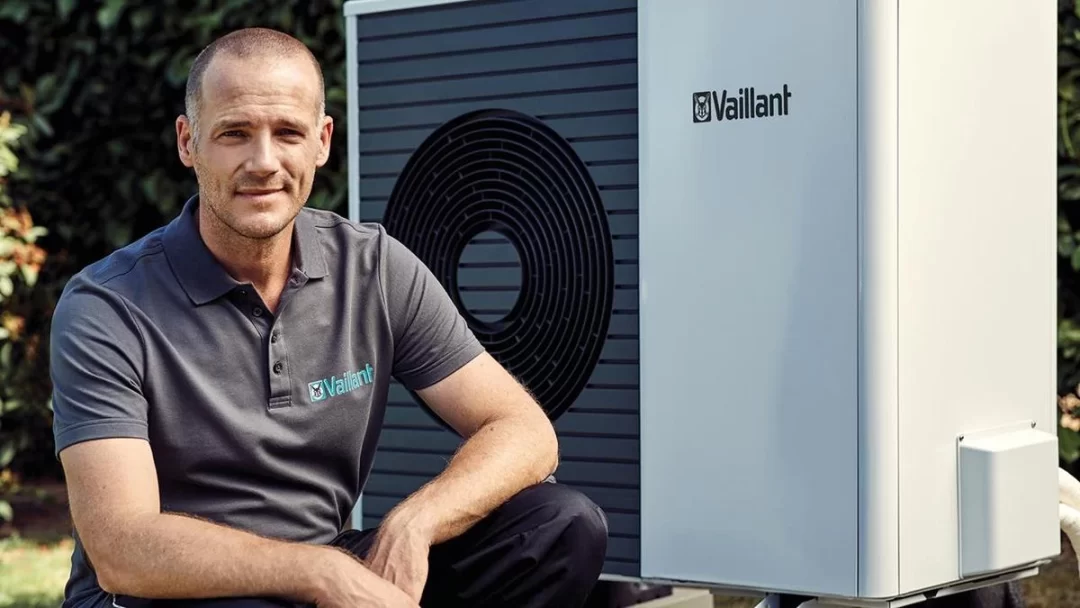
What is a Home Heat Pump?
A home heat pump is a sophisticated heating and cooling system designed to transfer heat from one location to another.
Unlike traditional furnaces or air conditioners that generate heat or cold air, a heat pump utilizes electricity to move heat from a cooler area to a warmer one during the winter months, and vice versa during summer.
This innovative technology allows for energy-efficient temperature control, making it an environmentally friendly choice for homeowners.
How Does a Home Heat Pump Work?
A home heat pump operates on a simple principle of heat transfer. It consists of four main components: the evaporator, compressor, condenser, and expansion valve.
The process begins with the evaporator absorbing heat from the surrounding air or ground. The refrigerant in the evaporator turns into a gas, which is then compressed by the compressor, intensifying its heat.
Next, the heated gas passes through the condenser, releasing the accumulated heat into the home. Finally, the refrigerant returns to its liquid state through the expansion valve, ready to start the cycle anew.
Key Benefits of Home Heat Pumps
Home heat pumps come with a plethora of advantages, making them an increasingly popular choice among homeowners:
1. Energy Efficiency: Heat pumps consume less energy than traditional heating and cooling systems, resulting in lower utility bills and reduced carbon footprint.
2. Year-Round Comfort: With the ability to both heat and cool, a home heat pump ensures year-round comfort regardless of the weather outside.
3. Environmentally Friendly: By utilizing the heat transfer process instead of burning fuels, heat pumps significantly reduce greenhouse gas emissions.
4. Long Lifespan: With proper maintenance, a well-installed home heat pump can last for up to 15 years or more.
5. Improved Indoor Air Quality: Heat pumps filter and circulate air, removing dust, allergens, and pollutants, leading to healthier indoor air quality.
6. Quiet Operation: Home heat pumps operate quietly, ensuring a peaceful and undisturbed living environment.
Types of Home Heat Pumps
There are several types of home heat pumps, each catering to different climates and needs:
1. Air Source Heat Pumps (ASHP): These are the most common type, extracting heat from the outdoor air to warm the interior during winters. They also work in reverse to provide cooling during summer.
2. Ground Source Heat Pumps (GSHP): Also known as geothermal heat pumps, GSHPs extract heat from the ground or water sources for heating and cooling purposes.
3. Hybrid Heat Pumps: Hybrid heat pumps combine traditional heating sources, like a furnace, with the heat pump for enhanced efficiency.
4. Ductless Mini-Split Heat Pumps: Ideal for homes without existing ductwork, these systems offer flexibility and zoned heating and cooling.
Installing a Home Heat Pump
Installing a home heat pump requires careful planning and professional expertise. The process involves several key steps:
1. Heat Load Calculation: A qualified HVAC technician will determine the heat load of your home to determine the appropriate size and capacity of the heat pump needed.
2. Selecting the Right System: Based on your home’s heating and cooling needs, the technician will recommend the most suitable type and model of heat pump.
3. Site Inspection: The installation team will evaluate the best location for the outdoor unit and ensure sufficient space and clearance for proper operation.
4. Ductwork and Piping: For air source heat pumps, existing ductwork might need modifications, while ground source heat pumps require piping installation.
5. Electrical Wiring: Adequate electrical connections must be established to power the heat pump system.
6. Testing and Calibration: After installation, the system undergoes thorough testing and calibration to ensure optimal performance.
Factors Affecting Home Heat Pump Efficiency

The efficiency of a home heat pump can be influenced by several factors, including:
1. Climate: Extreme temperatures can affect the heat pump’s performance, prompting homeowners to consider supplementary heating or cooling sources in severe conditions.
2. Insulation and Home Sealing: Well-insulated homes with minimal air leaks retain heat more effectively, enhancing the heat pump’s efficiency.
3. Thermostat Settings: Setting the thermostat to the appropriate temperatures can optimize energy consumption and overall performance.
4. Regular Maintenance: Routine maintenance, including filter cleaning and system checks, ensures peak efficiency and prolongs the heat pump’s lifespan.
5. Heat Pump Size: An accurately sized heat pump for the home’s heating and cooling needs ensures maximum efficiency and comfort.
Tips for Optimal Home Heat Pump Usage
To get the most out of your home heat pump, follow these helpful tips:
1. Thermostat Management: Use programmable thermostats to adjust temperatures based on occupancy and time of day.
2. Regular Maintenance: Schedule bi-annual maintenance to keep the system running smoothly and efficiently.
3. Air Filter Replacement: Clean or replace air filters regularly to maintain proper airflow and indoor air quality.
4. Sealing Air Leaks: Identify and seal any gaps or leaks around doors, windows, and vents to prevent heat loss.
5. Zoning: If possible, set up zoning systems to control heating and cooling in different areas of your home independently.
Conclusion
In conclusion, a home heat pump is a remarkable technology that offers an eco-friendly and energy-efficient solution for heating and cooling your home.
By harnessing the principles of heat transfer, these systems not only provide year-round comfort but also help reduce your carbon footprint and energy costs.
Whether you’re considering a new installation or upgrading your existing system, a home heat pump is undoubtedly a smart investment for a greener and more sustainable future.
READ ALSO!!!

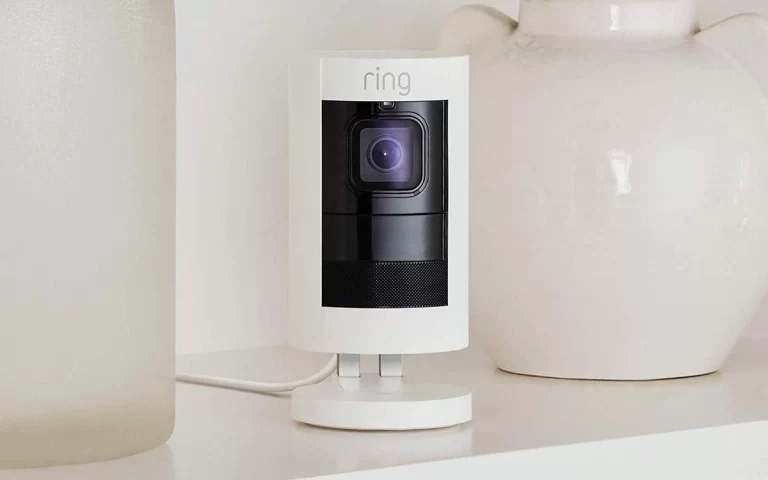
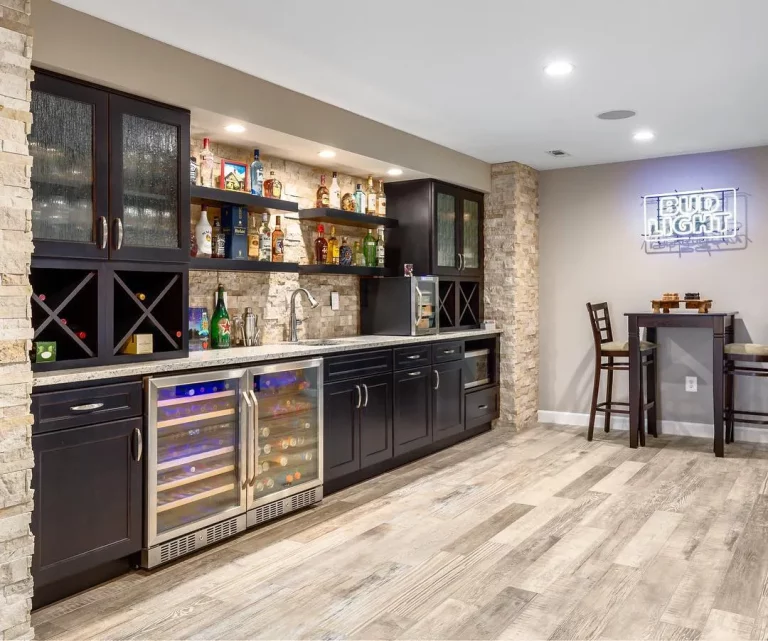
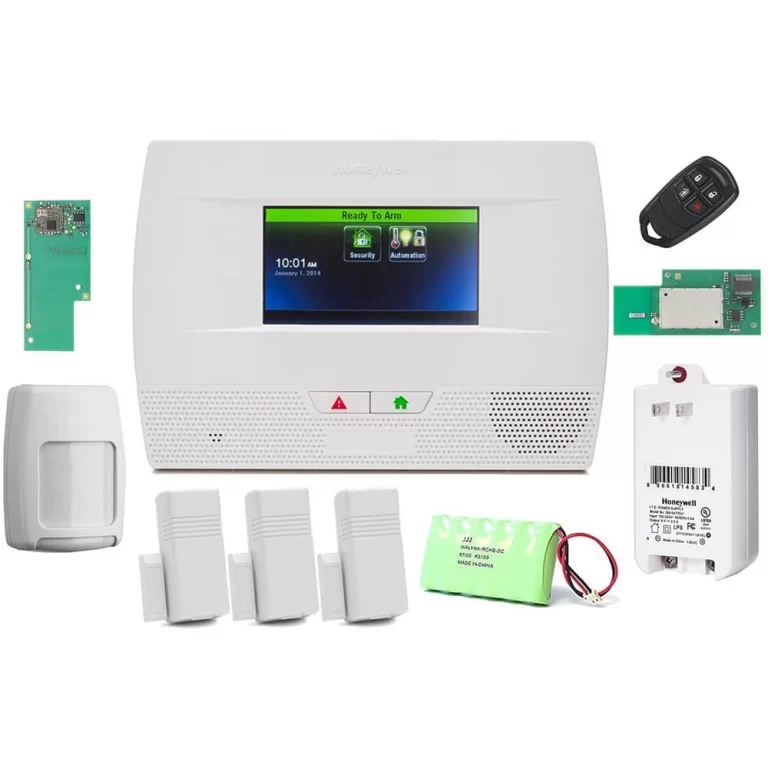

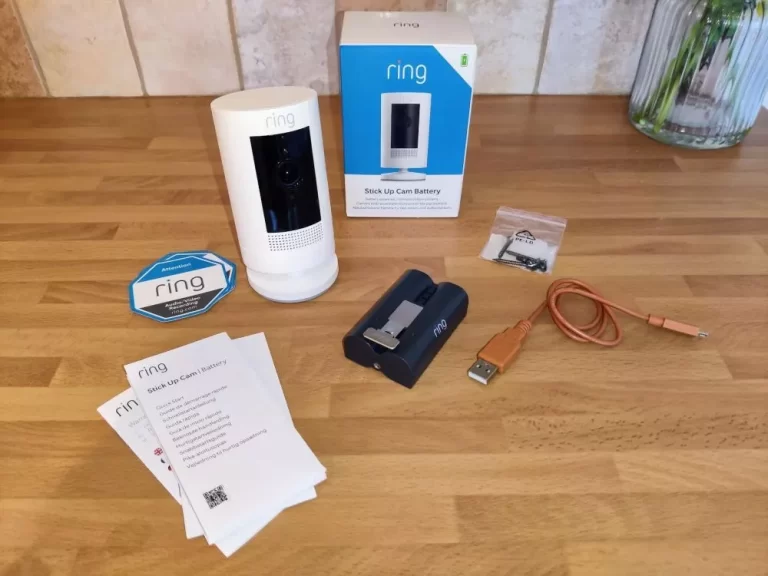
I love how you said that a home can experience year-round comfort by utilizing a heat pump. That really does sound like something that we should try and use since we’re always having a hard time putting up with the local weather temperatures. I’ll go and ask a heating contractor to help us install a heat pump model that will work for us.